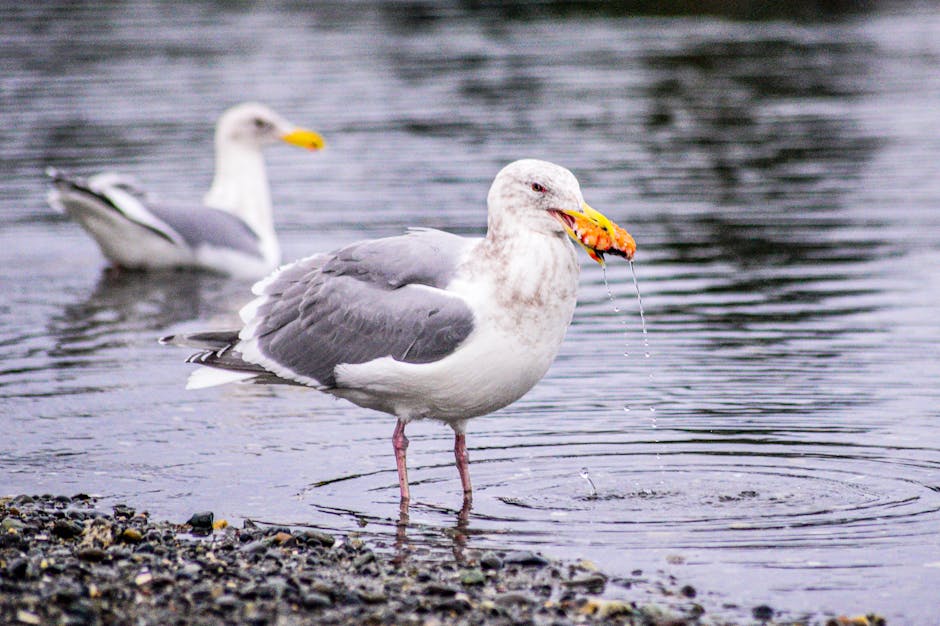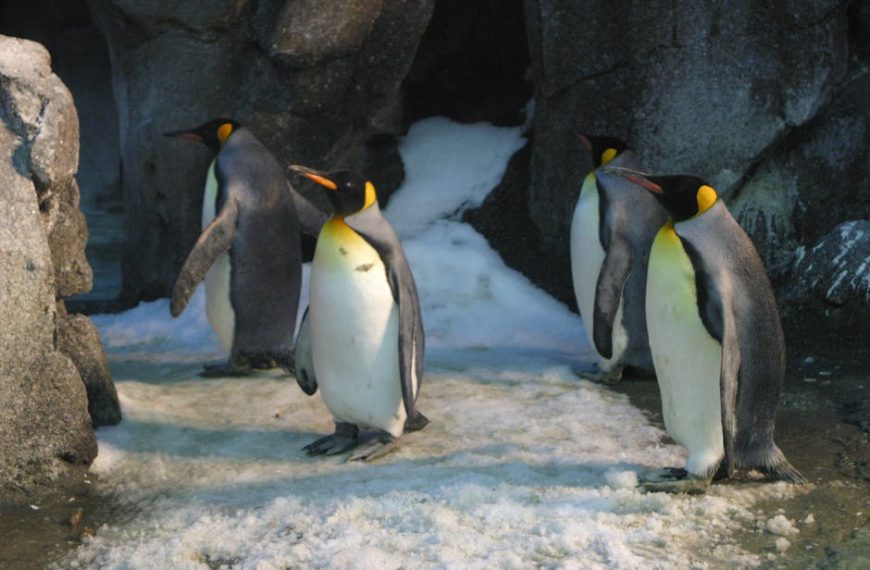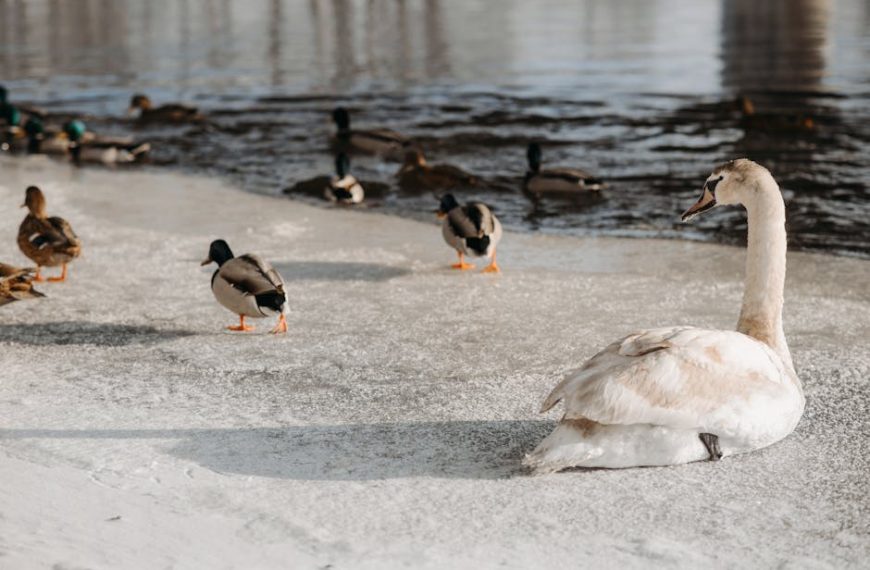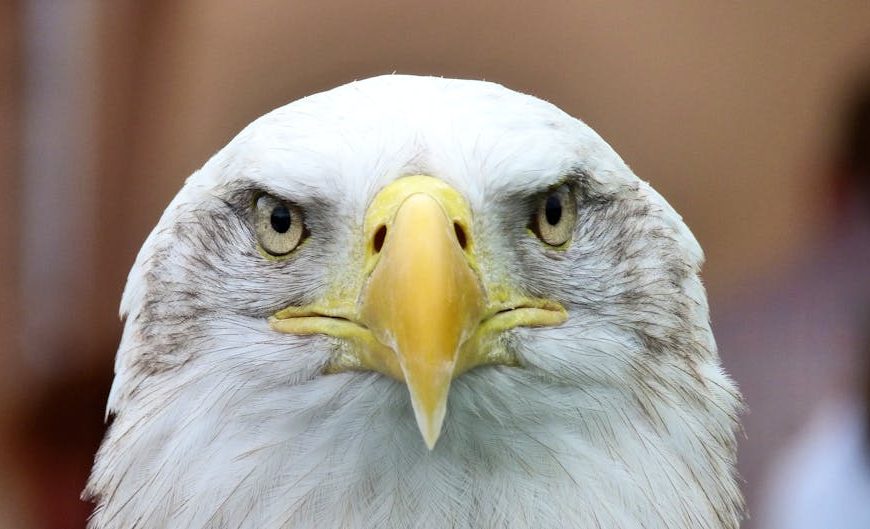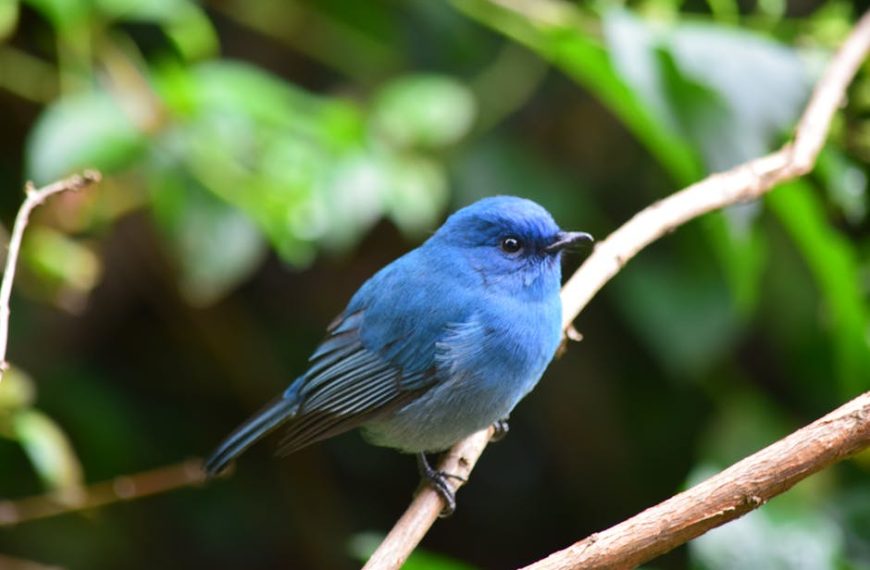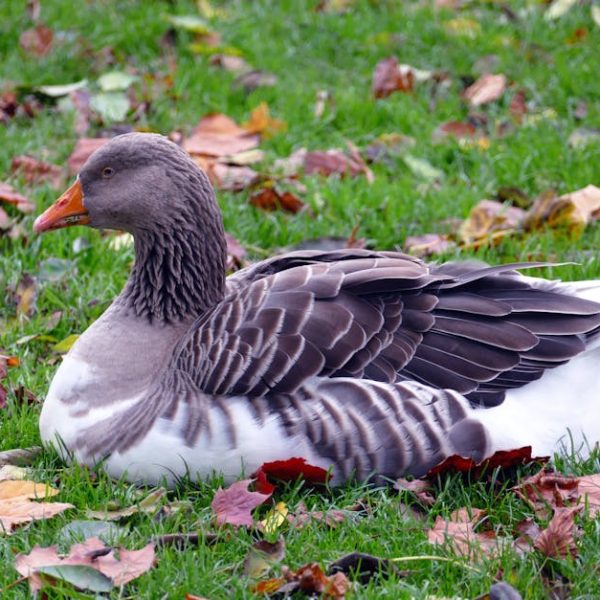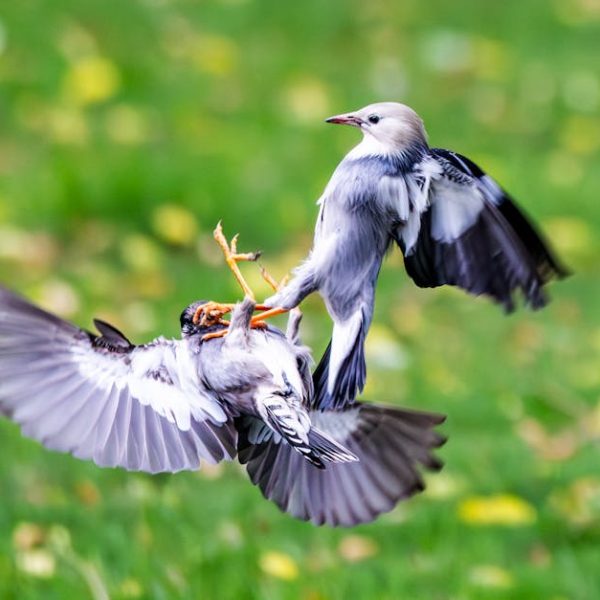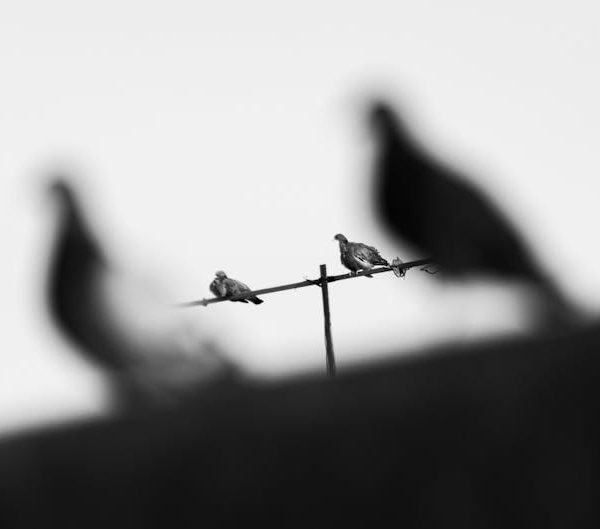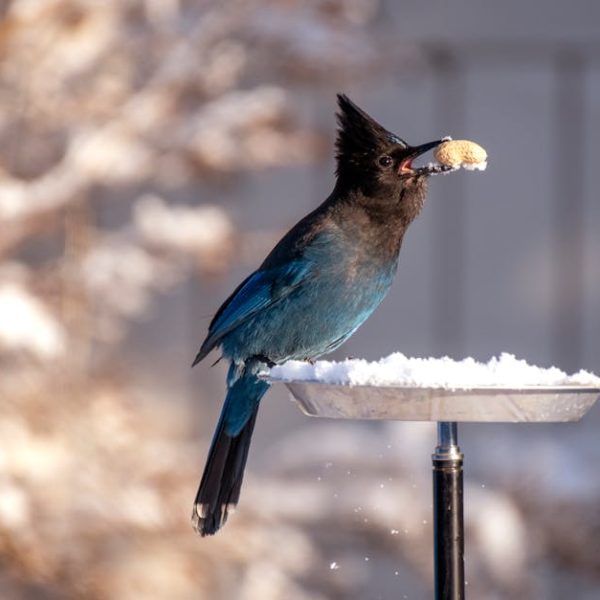Introduction: While it may seem uncanny, or even personally offensive, to be targeted for bird droppings, these avian ablutions are more likely a matter of circumstance than targeted attacks. Let’s dive into the inner workings of bird biology and behavior to discern why these innocuous creatures leave their ‘gifts’ on us unsuspecting humans.
Understanding Bird’s Digestive System
Birds possess a unique digestive system significantly differing from mammals. Both their waste expulsion and reproductive functions are managed through a single opening – the cloaca. A bird’s digestion begins in the crop, a ‘storage area’ allowing them to eat large amounts and process later. After the crop, food enters the stomach, divided into two parts: the glandular stomach, or proventriculus, where digestive enzymes break it down, and the muscular stomach, or gizzard, where the hard grinding happens.
Here are some key facts about the bird’s digestive system:
- Birds can’t expel gas, which may lead to rapid defecation, especially when they consume fruits or berries.
- Birds can digest their food much quicker than mammals due to their fast metabolism, contributing to frequent defecation.
- Birds’ excretion is a combination of feces and urine, showing up as a white (urine) and dark (feces) portion in their droppings.
Pro Tip: Birds excrete liquid waste because they don’t have a bladder to store urine. Instead, their kidneys extract waste from the bloodstream and combine it with solid waste before exit, resulting in the white, liquid “paint” we all know.
Exploring the Frequency of Bird Poop Occurrences on People
The number of times birds defecate on people hinges on diverse factors like human population densities and birds’ population sizes. Human-bird interaction spaces also play a vital part; bird droppings incidents may be more frequent in urban environments where parks and feeding areas attract large bird populations.
Comparing bird poop occurrences in different environments displays a pattern:
| Environment | Frequency of Occurrence |
|---|---|
| Urban | High |
| Suburban | Medium |
| Rural | Low |
As prevention is better than cleaning, here are some tips to dodge bird droppings:
1. Stay alert in areas populated by large numbers of birds.
2. Move away from birds perched overhead on lampposts, buildings, and trees.
3. Use an umbrella if it is a strategic bird territory.
4. Avoid walking under a tree where birds have been observed nesting or perching.
Bird Poop as a Result of Flight Patterns
Another determinant of random bird droppings on people involves flight patterns. Much like humans needing a restroom break, birds can’t always choose the best locations to relieve themselves. A bird in flight maintains a high altitude and swift speed, minimizing the chance of adjusting its course for bathroom breaks. Most birds lack the cognitive consideration equating humans to toilets; it’s purely a case of being in the wrong place at the wrong time.
Let’s look at the most common bird species prone to unexpected drops:
1. Pigeons
2. Seagulls
3. Sparrows
4. Crows
5. Geese
Pro Tip: Birds don’t usually ‘go’ in their nests. So, if a bird is about to take flight – it’s a good indication it might need to lighten its load. Position yourself wisely!
Debunking Superstitions Associated with Bird Poop
Bird droppings landing on you can elicit responses ranging from mild annoyance to strong disgust. Depending on various cultural backdrops, some even believe it isn’t purely accidental, but rich in symbolism and implied meanings.
Here’s a compilation of superstitions associated with bird poop around the world:
1. Japan: It is considered as a good luck sign favoring those in search of a spouse.
2. Russia: Prosperity ahead for the person under the dropping.
3. Italy: It’s a sign indicating good news is on the way.
However, these superstitions often lack scientific evidence and are based profoundly on cultural folklore. From a science point of view, it’s simply a case of biology and flight mechanics resulting in an ‘unclean touchdown’ for the bird’s waste. The promulgation of these superstitions often stems from the human tendency to derive ‘meaning’ from unrelated events.
Health Risks and Preventions Associated with Bird Poop
While being victim to unsolicited avian droppings may be primarily psychologically unsettling, there are potential health risks associated too. Bird feces can carry parasites and diseases, including salmonella, cryptococcosis, and histoplasmosis, which can transmit to humans.
If you find yourself on the receiving end of a bird’s excretion, here are the steps to follow:
1. Remove the waste immediately, avoid rubbing it in.
2. Clean the affected area with water and mild soap.
3. Avoid touching your face, specifically eyes and mouth, until you can properly wash your hands.
To effectively minimize the risks associated with bird feces, consider these prevention methods:
1. Avoid direct contact with bird droppings.
2. Maintain a good hygiene practice, especially when in areas heavily surrounded by birds.
3. Avoid lingering under identified bird roosting locations.
While these avian by-products can be a nuisance, remember that birds don’t have a personal agenda against us – defecation is a natural process, and being in the ‘drop zone’ is merely an accident of circumstance. Understanding a bit more about why and how birds ‘do their business’ can help us coexist better in our shared environments.
Key Takeaway:
- Birds have a unique digestive system leading to quick and frequent defecation, which ends up being the white and dark droppings we see.
- The frequency of bird poop occurrences on humans is determined by environmental factors and bird-human interaction spaces. Urban areas have a higher chance because of bird attractions like parks.
- Flight patterns play a large role in accidental droppings on people because higher altitudes and swift speeds minimize chances for birds to adjust their course.
- Various cultural superstitions link bird droppings on humans to implied meanings, but scientifically it’s merely biology and flight mechanics.
- Bird poop carries potential health risks, as it can contain parasites and diseases. It’s important to clean it immediately if it lands on you and maintain good hygiene.
While it may seem like birds have a personal agenda against us, it’s important to remember that this is not the case. Birds naturally poop frequently due to their fast digestion, and their high altitude flights mean that sometimes, they end up accidentally pooping on humans. Understanding this can illuminate our shared spaces and it’s helpful to stay cautious in bird-heavy areas. Remember, you can wash off bird poop but the joy of cohabitating peacefully with our avian neighbors is priceless.
FAQs
Q: Do certain bird species poop more often than others?
A: Yes, the frequency of defecation can vary among species. However, more research is necessary as it can be influenced by various factors such as diet and metabolism rate.
Q: Does bird dropping color indicate different health conditions in birds?
A: Occasionally, yes. The color of bird droppings can sometimes serve as an indicator of the bird’s health, diet, and hydration level.
Q: Does bird poop cause damage to cars or buildings?
A: Bird poop can potentially cause damage to car paint and building materials due to its acidic nature, so it’s usually recommended to clean it off surfaces as soon as possible.
Q: What is the best method to clean bird poop off my clothes?
A: It’s best to gently scrape off as much as possible, then pre-treat the area with a stain remover before washing. Always check the care instructions on your clothing beforehand.
Q: Are there laws against feeding birds in public spaces due to the risk of increased defecation?
A: Laws can vary by locality, but some places prohibit or discourage feeding birds in public areas to prevent overpopulation and increased bird droppings.
Your shared experiences and additional questions are welcome as we continue this enlightening journey. Your support is appreciated- feel free to share this article and explore more on our website.
